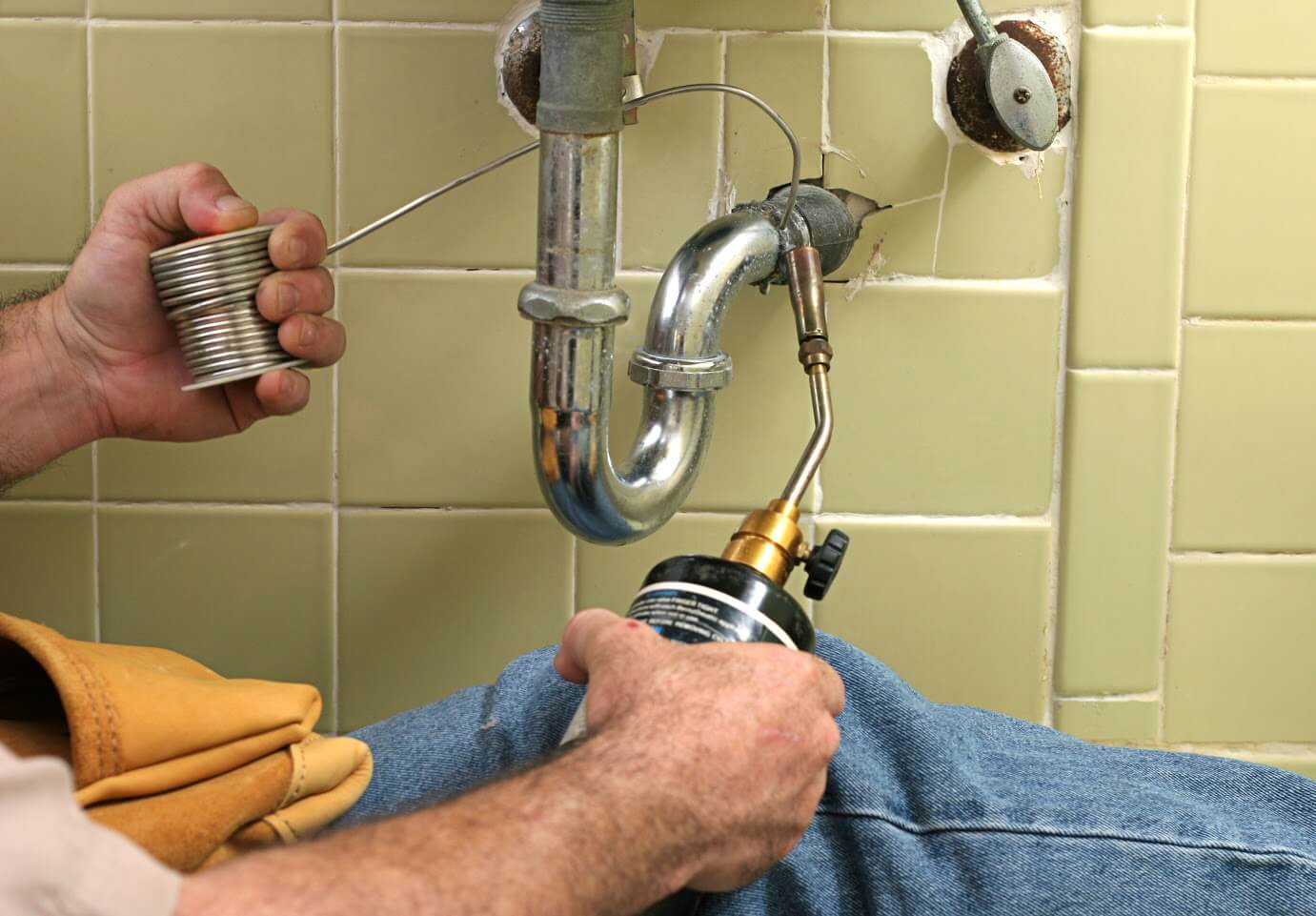Introduction
Table of Contents
Whether in the kitchen or bathroom, your sink plays a crucial role in your daily routine. However, it can also be a source of frustration when plumbing issues arise. Many homeowners encounter common sink plumbing problems that can lead to water damage, unpleasant odors, and high repair costs if not addressed quickly. In this guide, we’ll explore five of the most common sink plumbing problems, what causes them, and how you can fix or prevent them to maintain a healthy, functioning home.
Are you dealing with a plumbing problem and not sure how to fix it?
Kitchen sink plumbing issues are not only annoying, some can also raise your water bill. The good news is that you can fix your problems by calling a professional plumber in Ashburton.
From a smelly sink to clogged drains and more, there’s a lot that can go wrong with your plumbing. Learn about the most common kitchen sink plumbing problems and how to fix them.
1. Clogged Sink Drains
Causes:
- Food scraps, grease, and soap scum buildup in kitchen sinks
- Hair, toothpaste, and soap residue in bathroom sinks
Signs:
- Water draining slowly or not at all
- Gurgling sounds from the drain
- Foul odors from trapped debris
Solutions:
- Use a plunger to dislodge minor clogs
- Try a mixture of baking soda and vinegar
- Use a drain snake or auger for deeper clogs
- Avoid chemical drain cleaners, as they can damage pipes
Prevention:
- Use drain strainers to catch debris
- Dispose of grease in the trash, not the sink
- Regularly flush the drain with hot water and baking soda
You can use a plunger to dislodge the blockage but if the problem persists call a water leak detection in Florida. Avoid putting certain foods down the drain and always use plenty of hot water to flush waste down the disposal.
2. Leaky Faucets
Causes:
- Worn-out washers or O-rings
- Corroded valve seats
- Improper installation
Signs:
- Constant dripping sound
- Water stains or puddles around the sink
- Increased water bills
Solutions:
- Replace worn washers or O-rings
- Tighten or reseal connections
- Call a plumber if internal corrosion is severe
Prevention:
- Perform routine faucet inspections
- Fix small drips before they become major leaks
3. Low Water Pressure
Causes:
- Clogged aerators
- Leaky or corroded pipes
- Faulty faucet cartridges
- Municipal water supply issues
Signs:
- Weak water flow from faucet
- Uneven water pressure between hot and cold taps
Solutions:
- Clean or replace the faucet aerator
- Check for pipe leaks under the sink
- Replace the faucet cartridge
- Contact your local utility if the issue persists
Prevention:
- Clean aerators monthly
- Have a plumber inspect your system annually
4. Leaky Sink Pipes (P-Trap Leaks)
Causes:
- Loose connections
- Cracked or corroded pipes
- Improperly installed fittings
Signs:
- Water pooling in the cabinet under the sink
- Mold or mildew odors
- Visible signs of rust or water damage
Solutions:
- Tighten pipe fittings
- Replace damaged pipes or washers
- Use plumber’s tape or sealant to ensure tight seals
Prevention:
- Regularly inspect the P-trap and connections
- Avoid placing heavy objects on pipes that could shift or loosen fittings
5. Foul Odors From Sink Drains
Causes:
- Trapped food particles and organic waste
- Dry P-trap allowing sewer gases to enter
- Bacteria buildup
Signs:
- Persistent bad smells from the sink
- Drain flies or gnats near the sink area
Solutions:
- Clean the drain with baking soda and vinegar
- Run water regularly to keep the P-trap wet
- Use enzymatic cleaners to break down bacteria
Prevention:
- Clean drains weekly
- Flush drains with hot water and vinegar
- Ensure unused sinks are run occasionally
When to Call a Professional Plumber
While many minor sink issues can be resolved with DIY methods, it’s important to call a professional plumber when:
- Leaks continue despite multiple fixes
- You suspect pipe corrosion or damage
- Water pressure remains low despite maintenance
- Odors persist or worsen
Ignoring these signs can lead to bigger problems, such as water damage, mold growth, and increased utility bills.
Conclusion
Sink plumbing problems are a common part of homeownership, but with the right knowledge and proactive care, you can minimize disruptions and avoid costly repairs. From clearing clogged drains to fixing leaks and maintaining good hygiene, taking small steps now can make a big difference later. If in doubt, don’t hesitate to consult a plumbing professional to ensure the safety and efficiency of your sink system.
Keep this guide handy and check your sinks regularly—your plumbing (and your peace of mind) will thank you.

